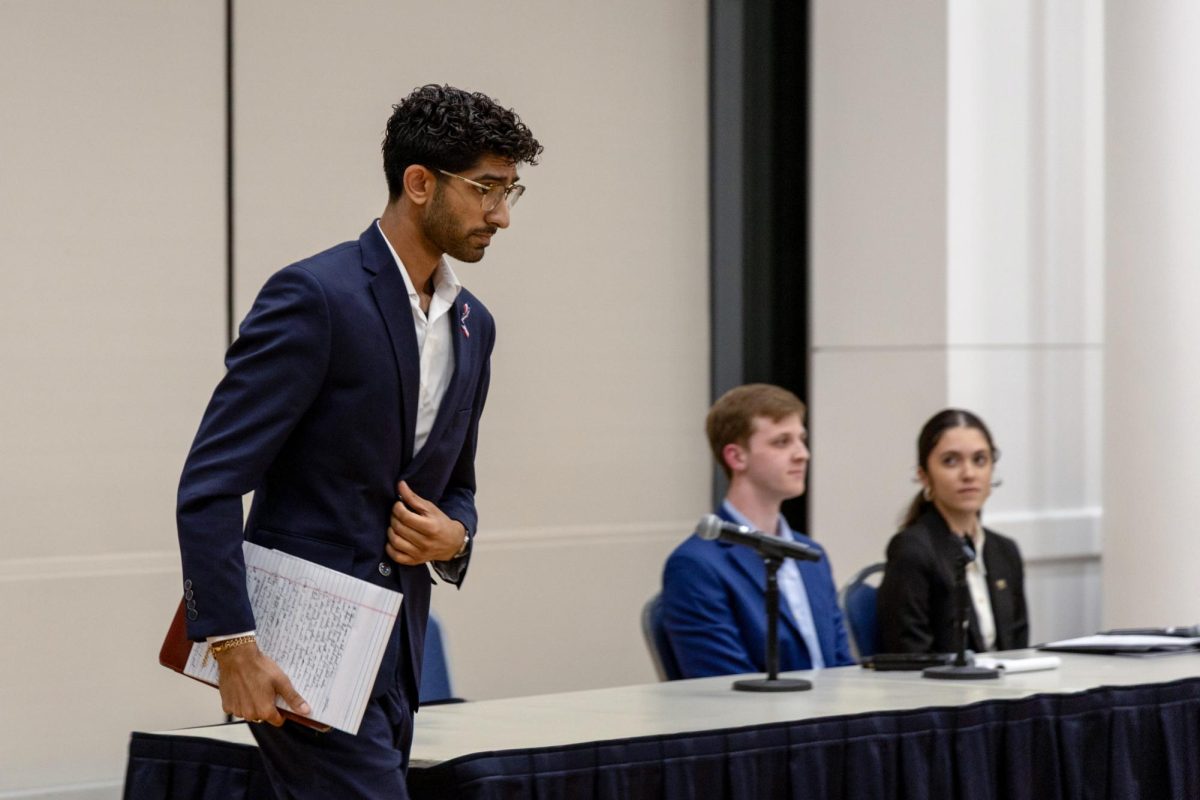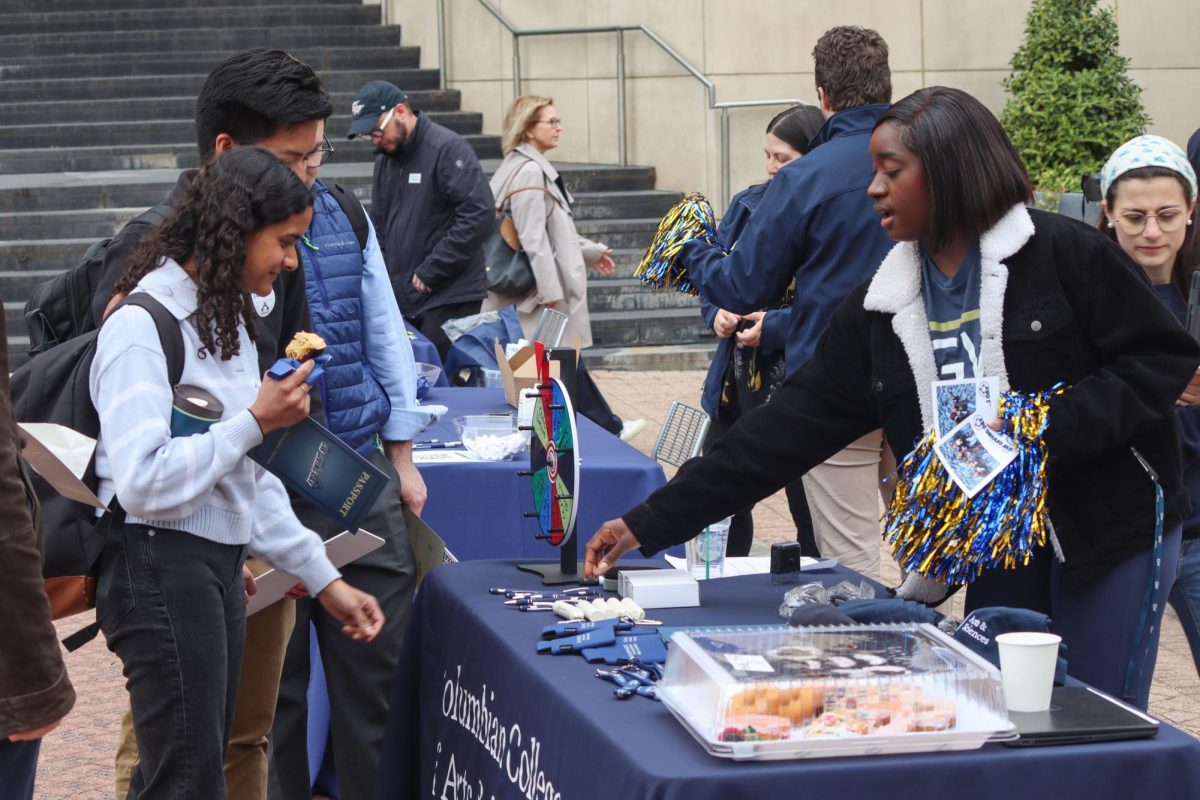A resident adviser opposed to unionization launched a new student group Wednesday to counter the effort to organize.
Austin Hansen, a senior and RA in District House, said he created Students for RA Freedom to provide more information to RAs about the effects of unionization – information he said proponents of unionization would not give.
“Students for RA Freedom was launched to better inform our peers on the potential benefits and consequences of unionization,” Hansen said in a release posted by the group Wednesday. “Since no other party can legally offer another perspective, we want to advocate for and empower our fellow RAs to make a fully informed independent decision.”
A labor board ruled last week that GW RAs are University employees and have the right to organize. Last fall, RAs filed a petition to unionize, citing concerns over ambiguous contracts that do not specify what actions warrant review or termination.
RAs will vote next Wednesday to determine whether or not to form a union.
Hansen said he opposes the movement to organize because it would change the way that residents are able to interact with their RAs and prevent the flexibility that he said was necessary to be a successful RA.
Hansen said that the union would likely advocate for a “punch-in-punch-out” contract for RAs, which would limit the hours that RAs are available to students.
“For a campus that has a variety of issues relating to mental health, to sexual assault, we need to provide more opportunities for support, have more RAs, have more opportunities to reach support for students, not less,” he said.
Hansen said RAs were better served by representing themselves and working directly with the Center for Student Engagement. He said he disagrees with the National Labor Relations Board’s ruling that RAs should not be considered employees of the University.
“I believe I’m a student first,” he said. “I don’t view myself as an input to this university. This is not my career. Yes, this is a job, but I don’t believe it is fitting to place this status on this role for their purposes.”
Hansen said much of the information the organizers of the unionization movement have been spreading was one-sided and doesn’t address the potential downsides of forming a union.
Organizers of the unionization movement will hold several town halls over the next week to address concerns and provide more information to voters.
Hansen said the new group will also host information sessions next week which he said will provide a fuller picture of the unionization process. He said the date of the sessions hasn’t been determined, but it will not conflict with the organizers’ town halls.
“We believe that you’re not receiving all the information by going to an information session that is organized by the union,” he said. “The union is biased. They want you to unionize. They want your dues. They want to represent you.”
He said the new group distributed a survey on Saturday to all current GW RAs, asking whether they’d support unionization.
The survey received 22 responses and 12 said they would vote against unionization, according to survey results obtained by The Hatchet. The University currently employs 110 RAs, according to the NLRB’s ruling.
He said that as of Wednesday the new group had about 20 RA members who oppose unionization.
Calla Gilson, a former RA in Shenkman and Somers halls and an organizer of RA unionization efforts, said in an email that both groups seem to share a similar goal: educating RAs about unionization.
“We are excited that RAs have the opportunity to vote to decide what is best for them going forward,” she said. “If after considering the implications of unionizing or not, the RAs collectively vote ‘no,’ the organizing committee respects that decision.”
She said the survey the new group sent out wasn’t an accurate representation of RAs’ views on unionization.
“Unfortunately, Austin’s survey was unclear and many RAs responded to it out of belief of obligation to do so,” she said.



